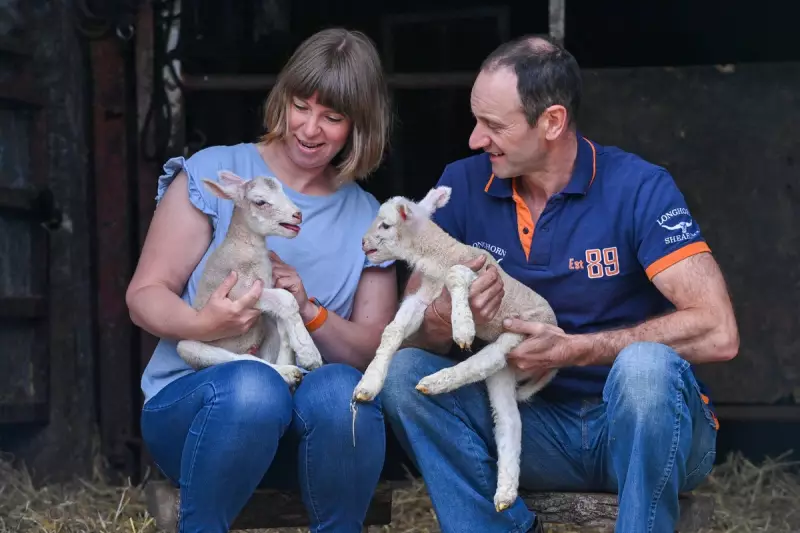
Health experts have raised the alarm after a spike in cases of cryptosporidiosis, a gastrointestinal illness, has been linked to contact with lambs at petting farms across the UK. The UK Health Security Agency (UKHSA) has issued an urgent warning, advising visitors to take extra hygiene measures when interacting with animals.
What is Cryptosporidiosis?
Cryptosporidiosis is caused by the parasite Cryptosporidium, which can lead to severe diarrhoea, stomach cramps, and vomiting. While most people recover within a few weeks, the infection can be particularly dangerous for young children, the elderly, and those with weakened immune systems.
How is it Spread?
The parasite is commonly found in animal faeces, and transmission occurs when people accidentally ingest traces of contaminated material. This can happen through touching animals, their enclosures, or surfaces where the parasite is present and then eating without washing hands thoroughly.
Prevention Measures
The UKHSA recommends the following precautions for petting farm visitors:
- Wash hands thoroughly with soap and water after touching animals.
- Avoid hand-to-mouth contact while in animal enclosures.
- Supervise children closely to ensure they do not put their hands in their mouths.
- Use hand sanitiser only as a temporary measure—soap and water are far more effective.
Farm operators are also being urged to enhance hygiene facilities and provide clear guidance to visitors.
Recent Outbreak Data
While the exact number of cases linked to petting farms has not been disclosed, health officials confirm a notable increase in cryptosporidiosis reports in recent weeks. The UKHSA is working closely with local authorities to monitor and contain the outbreak.
Parents and caregivers are advised to seek medical attention if children exhibit symptoms such as prolonged diarrhoea or dehydration.





